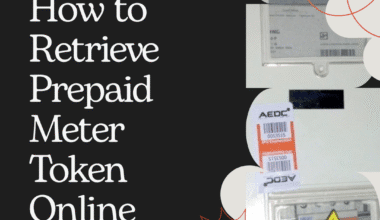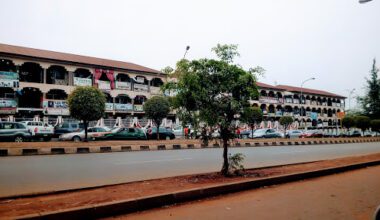Recently, a strange and misleading claim has taken over Nigerian social media — that billionaire industrialist Aliko Dangote is the “owner” of Nigeria. This rumour started after a Google search for “Who is the owner of Nigeria” returned Dangote’s Wikipedia profile as the top result.
But how did this happen? Is it true? And why would Google display such information? Let’s break it down.
What Actually Happened?
Several social media users reported typing “Who is the owner of Nigeria” into Google, only to see Aliko Dangote’s profile — complete with his photo and Wikipedia bio — appear at the top of the results page. This triggered a flood of reactions, memes, and conspiracy theories across platforms like Twitter and Instagram.
Popular Nigerian comedian Helen Paul even joined the conversation, posting a screenshot of the search result on Instagram with a caption that read like a satirical ode to the “owner” of Nigeria:
“The owner doesn’t post much on social media. The owner is always giving us gentle smile. The owner doesn’t drag on social media… Oh… What a owner.”
While funny to some, many others took the result at face value — sparking misinformation and confusion.
Why Is Google Displaying Dangote’s Profile?
The answer lies in how Google’s search algorithm works.
Google is not a fact-checking tool — it’s a search engine. It crawls billions of web pages and tries to provide the “best possible match” for any search query. In the absence of authoritative content specifically answering a question like “Who owns Nigeria?”, the algorithm sometimes pulls content from Wikipedia or related pages that match similar keywords.
Since Aliko Dangote is one of the most powerful and influential figures in Nigeria — and frequently mentioned in connection with the country’s economy — Google mistakenly associates his name with “ownership” in this context.
This is not the first time such a glitch has occurred.
Similar Algorithm Errors in the Past
This isn’t an isolated incident. Google has made similar mistakes before:
- At one point, a search for “Who is the ugliest Nigerian woman” shockingly pulled up the name of former Miss World, Agbani Darego — clearly an algorithm error with no factual basis.
- Searches like “Who owns China?” have shown Jack Ma, while “Who owns South Africa?” displayed Patrice Motsepe — again, due to these individuals being the wealthiest or most influential in their respective countries.
These are examples of algorithmic assumptions — not facts.
So, Who Really Owns Nigeria?
Let’s be clear: No individual owns Nigeria.
Nigeria is a sovereign democratic nation governed by a Constitution. Its leadership is determined through elections, and the President of the Federal Republic of Nigeria serves as both the Head of State and Commander-in-Chief of the Armed Forces. The country’s governance structure includes:
- Executive arm – headed by the President
- Legislative arm – the National Assembly (Senate and House of Representatives)
- Judiciary – the court system, including the Supreme Court
Aliko Dangote is an immensely successful businessman and Africa’s richest man. He owns the Dangote Group, a conglomerate involved in cement, sugar, salt, and recently, oil refining. But owning a large share of Nigeria’s economy does not equate to owning the country itself.
Why It’s Important to Question Search Results
This incident highlights a major challenge in the digital information age — algorithmic misinformation.
Unlike AI tools like ChatGPT, which are designed to provide well-sourced, contextual responses, Google simply retrieves existing content from the web. If no credible answer is available, it may default to associating popular public figures with unrelated queries.
That’s why it’s important for users to:
- Cross-check Google results with credible news sources
- Understand that search snippets don’t always reflect verified truth
- Use judgment when interpreting information from search engines
Final Thoughts
While it may be amusing to see Dangote labeled as “the owner of Nigeria,” the reality is far from it. This is a technical flaw, not a fact. As entertaining as viral search results may be, they are no substitute for critical thinking and fact-based research.
So next time you Google something surprising, take a moment to ask: Is this really true — or just a glitch in the system?
Have you seen other strange Google search results? Drop them in the comments below!




